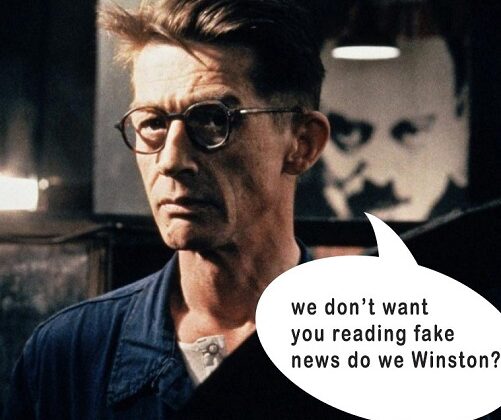
Mauchly’s Test of Sphericity significance level
Mauchly's Test of Sphericity significance level
A sports psychologist is working with a baseball team to determine if the implementation of a self-efficacy training program is effective in improving on the field performance. Specifically, the psychologist and coach want to improve the rate of fielding errors on defense. The psychologist believes that by implementing the self-efficacy program, the fielding errors will decrease. Based on previous research, there was a decrease, but that research did not include a before and after design, and it is not clear whether this effect will hold over time. Therefore, for this research, the psychologist has decided to collect data on players (n=25), measuring the number of fielding errors in games as scored officially by the scorekeeper. The researchers have decided that it would be a much more robust study to measure the fielding errors following the first 25% of gains in the season immediately before implementing the training program, then assess the fielding errors for the...



